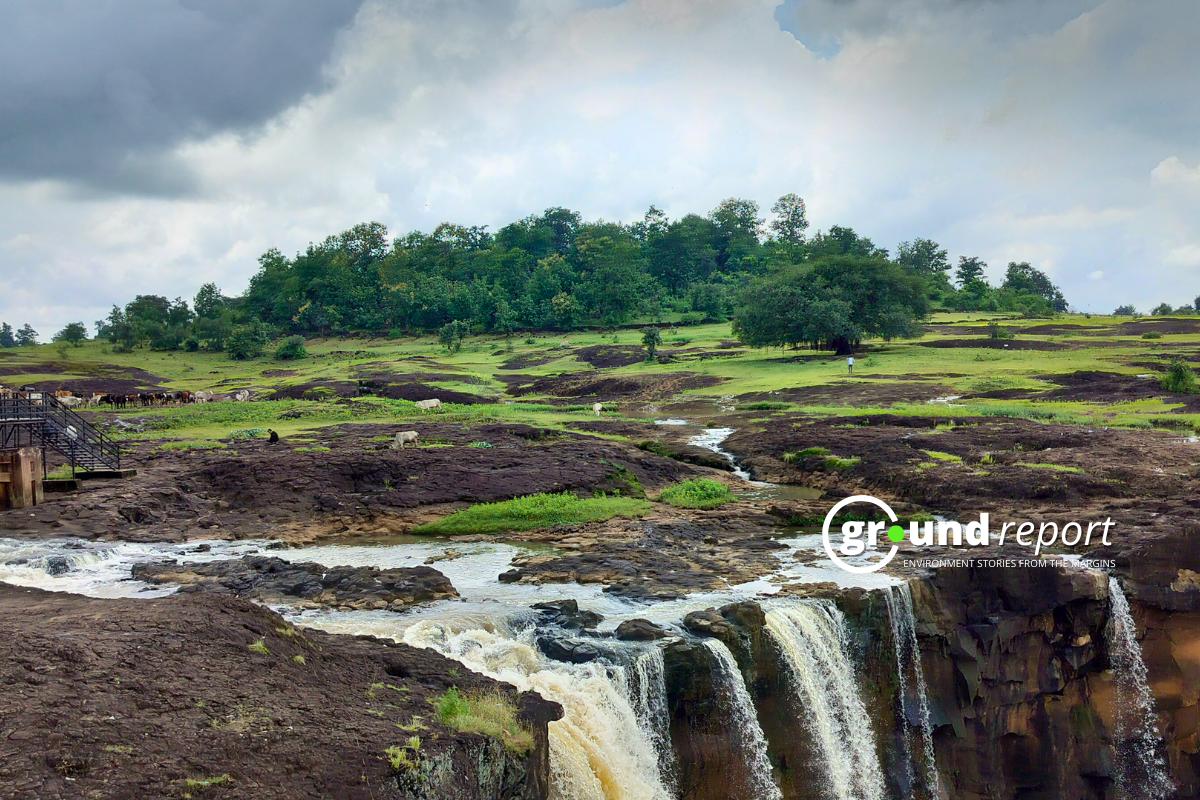Discussions at the Conference of the Parties (COP29), the ongoing United Nations climate conference in Baku, are at a critical stage as countries strive to finalize global climate protection policies. Despite the urgency, nations remain far from agreeing on financial support for developing countries, a key factor in the summit’s success or failure.
COP29: Climate finance deadlock persists
UN climate chief Simon Steele, addressing delegates in a football stadium, expressed frustration over the lack of progress. “Deception, brinkmanship, and predetermined playbooks waste time and erode goodwill,” he said, urging leaders to focus on tangible solutions.
Nations must break the financial deadlock by Friday. Developing nations want an agreement to raise $1 trillion annually to combat global warming, a critical target for reducing greenhouse gas emissions and adapting to worsening climate impacts.
Pressure is mounting on the G20, whose leaders are meeting this week in Brazil for their annual summit. Advocates urge these economies to reinvigorate stalled negotiations. UN Secretary-General António Guterres, speaking from Rio de Janeiro, emphasized the importance of G20 leadership, stating, “A positive outcome for COP29 is possible, but it will require compromise.”
Mukhtar Babayev, President of Azerbaijan and host of COP29, described the summit as a crucial opportunity for G20 countries to demonstrate leadership and commitment to addressing the climate crisis.
Challenges to global cooperation
A contentious issue at COP29 is whether nations will reaffirm last year’s pledge to phase out fossil fuels. Saudi Arabia has faced criticism for allegedly blocking efforts to curb record-high greenhouse gas emissions.
The main task at COP29 is negotiating a financial mechanism to help developing countries reduce emissions and adapt to climate change. UN-commissioned economists estimate that developing nations, excluding China, will need $1 trillion in foreign aid annually by 2030.
Developing countries have called for a significant increase in the $100 billion-a-year pledge from wealthy nations. However, donors argue that private-sector investment is crucial and stress the need for contributions from emerging economies like China. The United States and the European Union also insist that rich developing countries share the financial burden.
As the deadline approaches, all eyes are on Baku and Brazil, where COP29 and the G20 summit could shape global climate action for years.
Support us to keep independent environmental journalism alive in India.
Keep Reading
Watch: Kashmir experiences first snowfall of season after dry spell
Amarnath Yatra: Tackling rising death toll from extreme weather events
Tourists arrival in Kashmir break records, a need to regulate it?
From tourist paradise to waste wasteland: Sindh River Cry for help
Follow Ground Report on X, Instagram and Facebook for environmental and underreported stories from the margins. Give us feedback on our email id greport2018@gmail.com.
Don’t forget to Subscribe to our weekly newsletter, Join our community on WhatsApp, and Follow our YouTube Channel for video stories.






